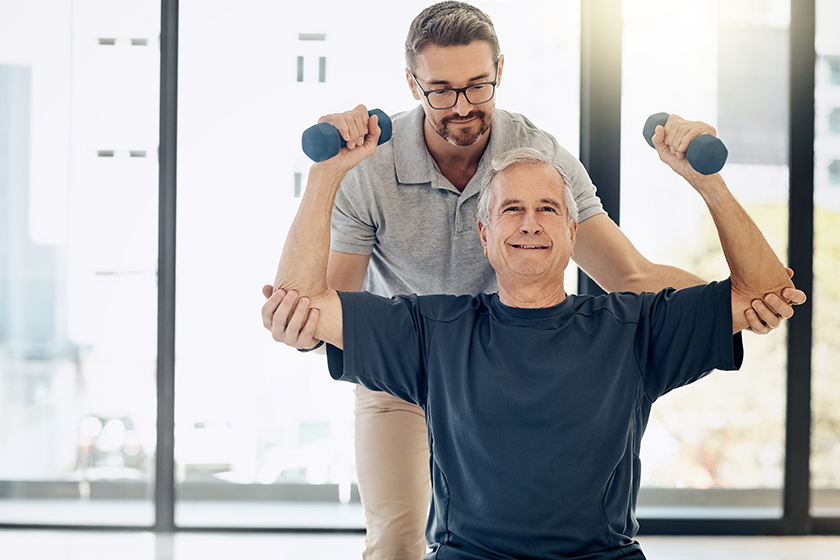Recovering from a stroke can feel overwhelming. However, structured fitness programs can make a transformative difference in your journey. These programs are designed to rebuild physical strength, restore mobility and boost emotional resilience. Our community provides specialized support to help you or your loved one regain independence and confidence through carefully planned fitness routines.
Rebuilding Strength And Mobility After A Stroke
One of the most significant challenges after a stroke is regaining physical strength and mobility. Structured fitness programs address these needs by targeting weakened muscles and improving coordination. Exercises tailored to your abilities can help rebuild balance, increase flexibility and restore confidence in movement. Gradual progress is key, as it allows you to safely regain control over your body while reducing the risk of further injury.
Supporting Neuroplasticity Through Movement
Your brain’s ability to rewire itself, known as neuroplasticity, plays a critical role in recovery. Fitness programs encourage this process by stimulating the brain through repetitive movements and coordinated activities. Simple actions like stretching, walking or using resistance bands can strengthen neural pathways, improving motor skills and cognitive function. These exercises are not only physically beneficial but also mentally empowering.
Enhancing Emotional Well-Being With Physical Activity
Stroke recovery is not just a physical journey; it also involves overcoming emotional challenges. Exercise releases endorphins, the “feel-good” hormones that help reduce stress, anxiety and depression. Participating in fitness programs fosters a sense of accomplishment and routine, which are important for emotional health. Feeling supported by a compassionate team and staying active can transform your outlook on recovery.
Preventing Secondary Health Risks With Regular Exercise
Strokes often increase the risk of additional health complications such as heart disease, diabetes and obesity. Fitness programs tailored to your needs help mitigate these risks by promoting cardiovascular health, managing weight and improving overall endurance. A well-rounded exercise plan can provide long-term benefits that extend beyond stroke recovery. This guarantees a healthier and more active lifestyle.
Building A Supportive Community Through Group Activities
Engaging in group fitness sessions offers more than just physical benefits; it creates a sense of community. Working out with peers who share similar experiences fosters camaraderie and motivation. Group activities such as yoga or seated exercises also provide social interaction, which can enhance your mental well-being and combat feelings of isolation during recovery.
Long-Term Benefits Of Consistent Physical Activity
The advantages of fitness programs extend well beyond the initial recovery phase. Regular exercise contributes to sustained improvements in strength, balance and cognitive function. Maintaining an active lifestyle helps you preserve your independence and enjoy a higher quality of life. It also sets a positive example for loved ones, showing that recovery is not just achievable but sustainable.
Embracing A Holistic Approach To Recovery
Combining fitness programs with other therapeutic activities creates a well-rounded recovery plan. Physical activity, when paired with occupational and speech therapy, can address various aspects of stroke recovery. This holistic approach makes sure that all facets of your health, physical, mental and emotional, are nurtured.
Fitness programs are an integral part of stroke recovery, offering physical, mental and emotional benefits that enhance your quality of life. Let our retirement community help you or your loved one achieve a healthier, more fulfilling life through compassionate guidance and tailored fitness solutions.
If you would like to know more about our Personal Care and Memory Care services, contact us today.







